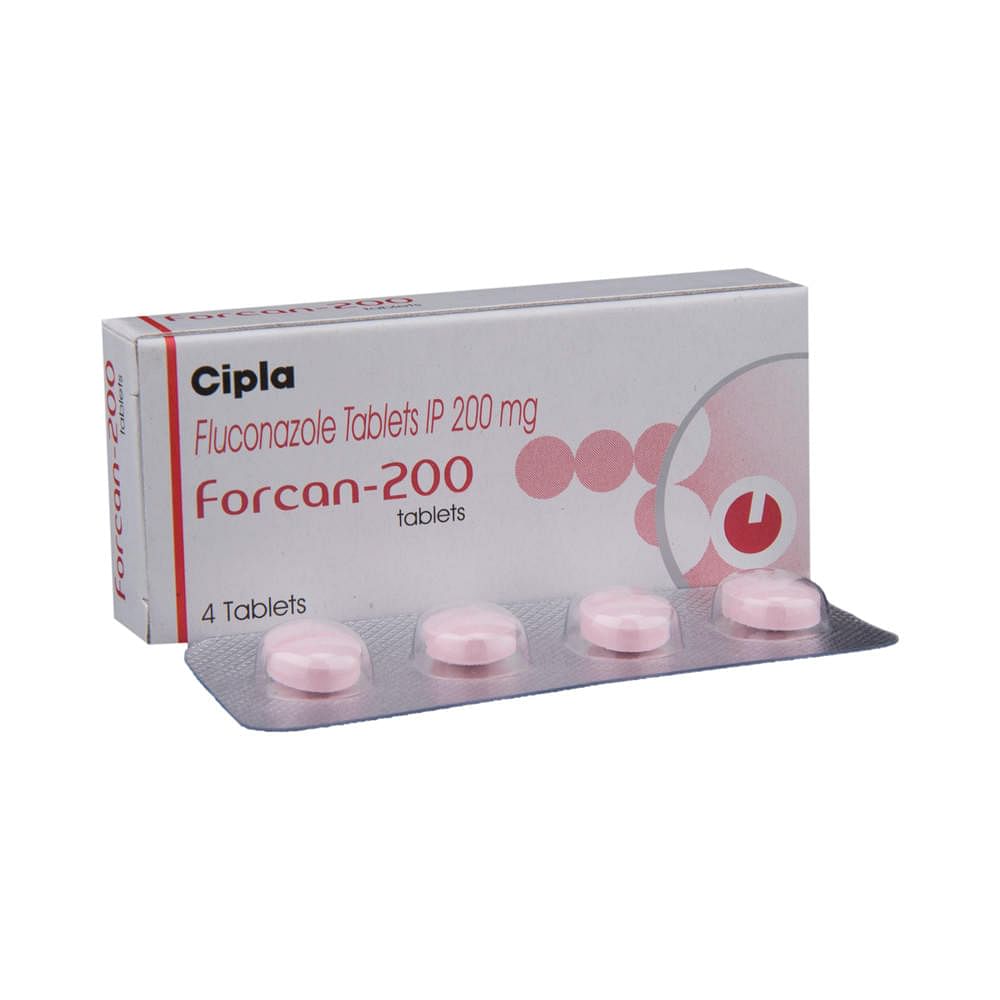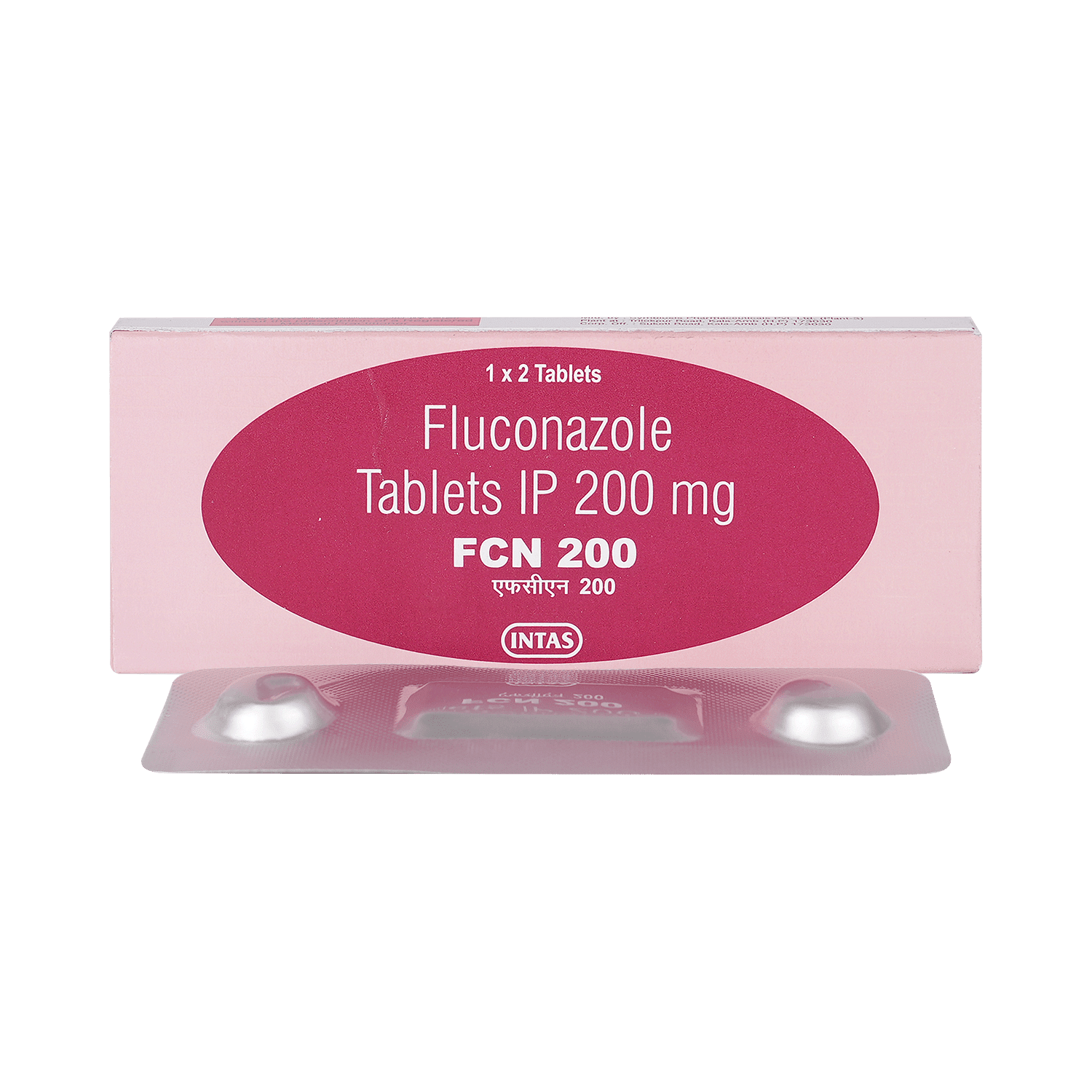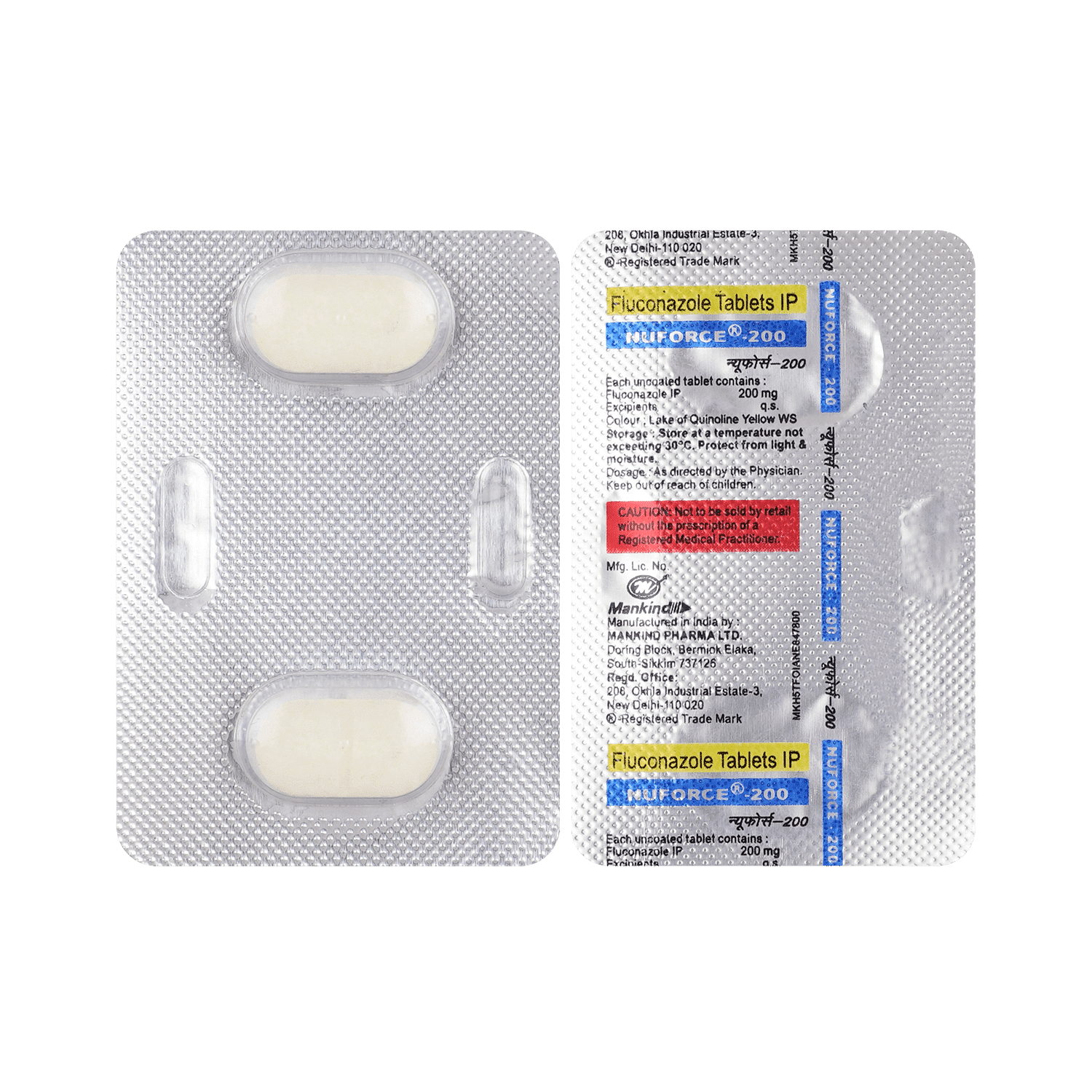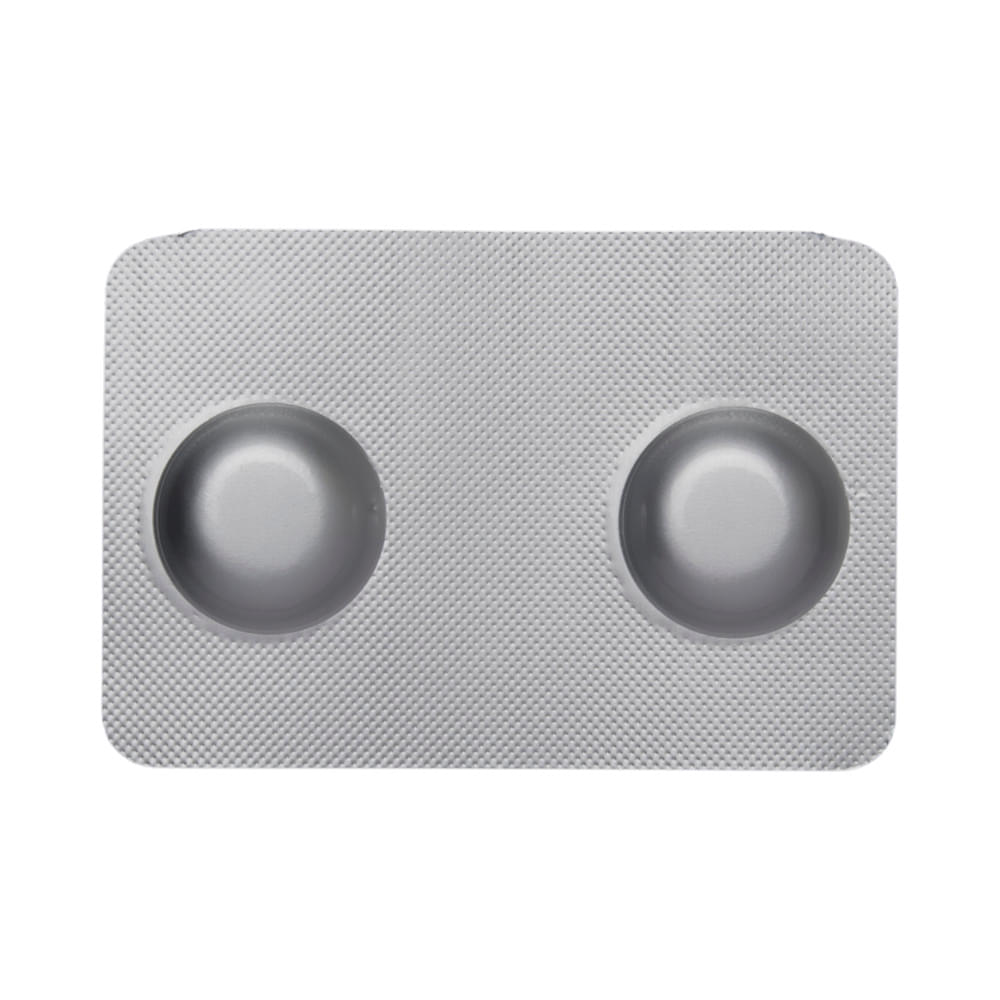
Spcan 200mg Tablet
Manufacturer
Superior Pharmaceuticals Pvt. Ltd.
Salt Composition
Fluconazole (200mg)
Key Information
Short Description
Spcan 200mg Tablet is used to treat fungal infections of the mouth, throat, vagina, and other parts of the body including fingernails and toenails.
Dosage Form
Tablet
Introduction
Spcan 200mg Tablet should be taken in the dose and duration as prescribed by your doctor. It should be swallowed whole and can be taken with or without food. The dosage and length of treatment will depend on the condition you are being treated for. Sometimes this will be in cycles of use and non-use. To get the most benefit, take this medicine at evenly spaced times and continue using it until your prescription is finished, even if your symptoms disappear after a few days. If you stop treatment too early, the infection may return and if you miss doses you can increase your risk of infections that are resistant to further treatment.
Directions for Use
Take this medicine in the dose and duration as advised by your doctor. Swallow it as a whole. Do not chew, crush or break it. Spcan 200mg Tablet may be taken with or without food but it is better to take it at a fixed time.
How it works
Spcan 200mg Tablet is an antifungal medication. It kills and stops the growth of the fungi by destroying its cell membrane thereby treating your skin infection.
Quick Tips
Your doctor has prescribed Spcan 200mg Tablet to cure your infection and improve symptoms. Do not skip any doses and finish the full course of treatment even if you feel better. Use a reliable method of contraception to prevent pregnancy while taking this medicine. Your doctor may check your liver function before starting treatment and regularly thereafter. Inform your doctor if you notice yellowing of eyes or skin, dark urine, or stomach pain. Inform your doctor if you develop severe skin rash like blistering of the skin along with fever.
Related Medicines

Forcan 200 Tablet

FCN 200mg Tablet

Nuforce-200 Tablet

Zocon 200 Tablet

Flucocare 200mg Tablet

Fluz 200mg Tablet

Fungcure 200mg Tablet

Fungikem 200mg Tablet

Flunova 200mg Tablet

Medflu 200mg Tablet
Frequently asked questions
What is Spcan 200mg Tablet used for?
Spcan 200mg Tablet is an antifungal medication used to treat various fungal infections. These include cryptococcal meningitis, coccidioidomycosis, and infections caused by Candida in the bloodstream, organs (such as the heart or lungs), or urinary tract. It also treats mucosal thrush (infection affecting the mouth, throat, and denture sore mouth) and genital thrush (infection of the vagina or penis). Additionally, it can be used to treat skin infections like athlete's foot, ringworm, jock itch, and nail infection.
Can Spcan 200mg Tablet be taken with oral contraceptives (OCPs) or birth control pills?
Spcan 200mg Tablet has been reported to have a minor interaction when taken with estradiol, a component of oral contraceptives. This combination may increase the level or effect of estradiol, so it's crucial to inform your doctor before starting treatment with Spcan 200mg Tablet if you are taking birth control pills.
Can Spcan 200mg Tablet cause hair loss?
Spcan 200mg Tablet may cause hair loss as a rare side effect. If you notice hair loss during treatment, inform your doctor.
Is Spcan 200mg Tablet effective?
Yes, Spcan 200mg Tablet is effective when used in the recommended dose and duration prescribed by your doctor. Do not stop taking it even if you see improvement; discontinue use too early might lead to a worsening of symptoms.
Is Spcan 200mg Tablet fungistatic or fungicidal?
Spcan 200mg Tablet is primarily fungistatic, which means it controls the growth of fungus. However, it may also act as a fungicidal medicine against certain organisms, especially Cryptococcus in a dose-dependent manner.
Does Spcan 200mg Tablet treat bacterial vaginosis?
No, Spcan 200mg Tablet is not an effective treatment for bacterial vaginosis. It's specifically designed for fungal infections and does not target bacteria.
Does Spcan 200mg Tablet make you feel tired?
Yes, Spcan 200mg Tablet can cause tiredness. If you experience excessive fatigue during treatment, consult your doctor as it could be a sign of an underlying liver problem.
Is Spcan 200mg Tablet over the counter (OTC)?
No, Spcan 200mg Tablet is not an over-the-counter product. It's available only with a prescription from your doctor.
Is Spcan 200mg Tablet safe to be used in pregnancy?
No, Spcan 200mg Tablet is not recommended for use during pregnancy. Studies suggest that using it during pregnancy could harm the developing fetus. If pregnant women need treatment with Spcan 200mg Tablet, they must be carefully advised of potential harm to the baby and its implications.
I feel better now, can I stop taking Spcan 200mg Tablet?
No, you should not stop taking Spcan 200mg Tablet suddenly without consulting your doctor. This is because stopping it abruptly might worsen the condition and increase the risk of reinfection.


